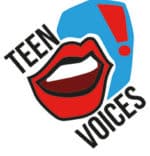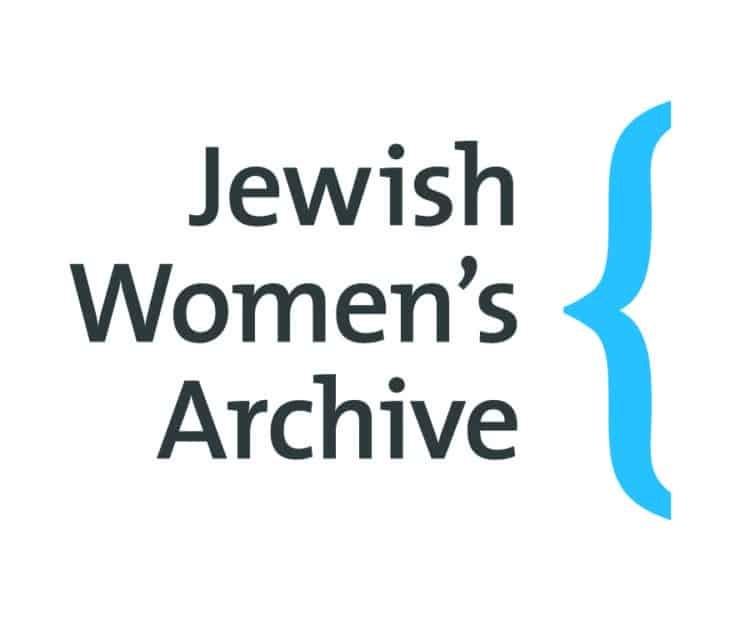

My grandma and I have always been close despite only seeing each other a few times a year. I love the time we spend together in New York City and DC seeing Broadway shows, eating cupcakes, and doing jigsaw puzzles. Throughout my life she has had a career as an event planner, and as I’ve gotten older she has let me help with events when I can. Although I knew that she had attended the March on Washington and edited a Jewish newspaper, I didn’t know the extent to which activism had played a role in her life.

When I asked her to talk about her activism, she responded that, for her, that was an easy question to answer. She described the numerous organizations for which she’s worked, and all of the important work she’s done. Our conversation only lasted about half an hour, but I have a feeling that she could have gone on for days, and I would’ve loved to listen. The stories she told me were awe-inspiring. I could not believe how much my grandmother had accomplished, and that I barely knew about any of it.
Natalie Lewis, my grandmother, was born in New York City in 1940. She attended Fairleigh Dickinson University where she studied journalism, and lived at home while in school. She worked as a journalist for Jewish News of Essex County and American Jewish Congress. In 1968, she moved to Washington, DC and became the managing editor of the Washington Jewish Week.
In 1971 she became a mother, and also became active in the field of education. She edited a newspaper for children that was distributed in local schools to promote reading, and was personally involved in her children’s schools by serving on the board and chairing school events. I think that her decision to leave the Jewish Week when she started her family is admirable. She was able to spend more time at home like she wanted, but also continue to use her skills as an editor to work on an impactful project.
When she was ready to work full-time again, she was hired by the Leadership Conference on Civil Rights as its first full-time employee. While working at LCCR she “sat at the table” with some of the most influential civil rights leaders of the time, including Clarence Mitchell and Benjamin Hooks, and his wife Francis. She said that Hooks and his wife became like an aunt and uncle to her. She wrote newsletters and conference materials, and helped create and manage what became the renowned Hubert H. Humphrey Civil Rights Award Dinner.
Hearing my grandmother reminisce about her days working at the LCCR was incredible. I couldn’t believe who she had worked with or what she had worked on. When I think about the activism of the 1960s and 70s in American history, I think of activism for women, minorities, and education, all of which my grandmother worked for in some capacity. This makes me think about my own activism and the movements in which I’m involved. I’m proud to be a part of a long line of powerful Jewish women, including my grandma, who have worked to better society.
In 1983, after managing that event for multiple years, my grandmother decided to form her own event-planning firm, so she left the LCCR as an employee, but took them on as her first client. Her early work was to plan events and dinners, but she slowly added managing conferences and meetings for nonprofit organizations. Through her work as an event planner she was able to turn her passion for activism into a career. By working with non-profits she continues to support causes that are important to her, and also demonstrates that there are many ways to be an activist.
When we were finishing our interview, I asked her one final question: “Do you have any advice you can give to the next generation of activists?” Her answer was clear and simple. “Do what you care most about,” she responded. This advice is important to me because of its simplicity. It’s easy to be overwhelmed by everything that needs to be done, but doing what you care most about will be the most meaningful, and it’s easier to work hard when you’re passionate about something. My grandma has demonstrated that what you’re passionate about can change over time, but what is important is that you always continue your pursuit to do good in the world.
Daniella Shear is a 2017-2018 Rising Voices Fellow.


